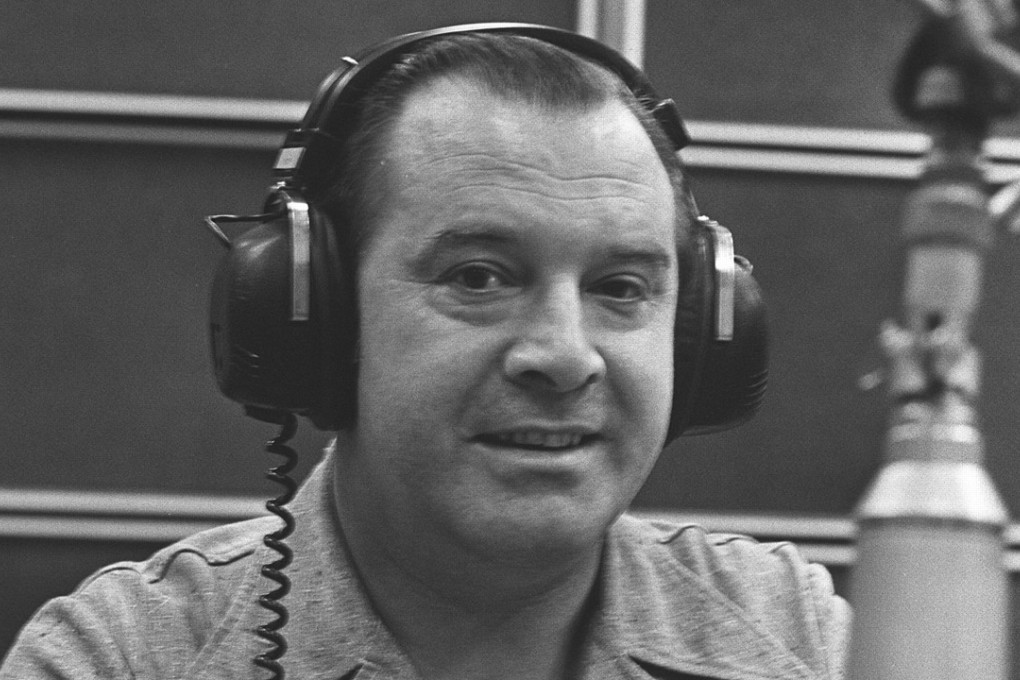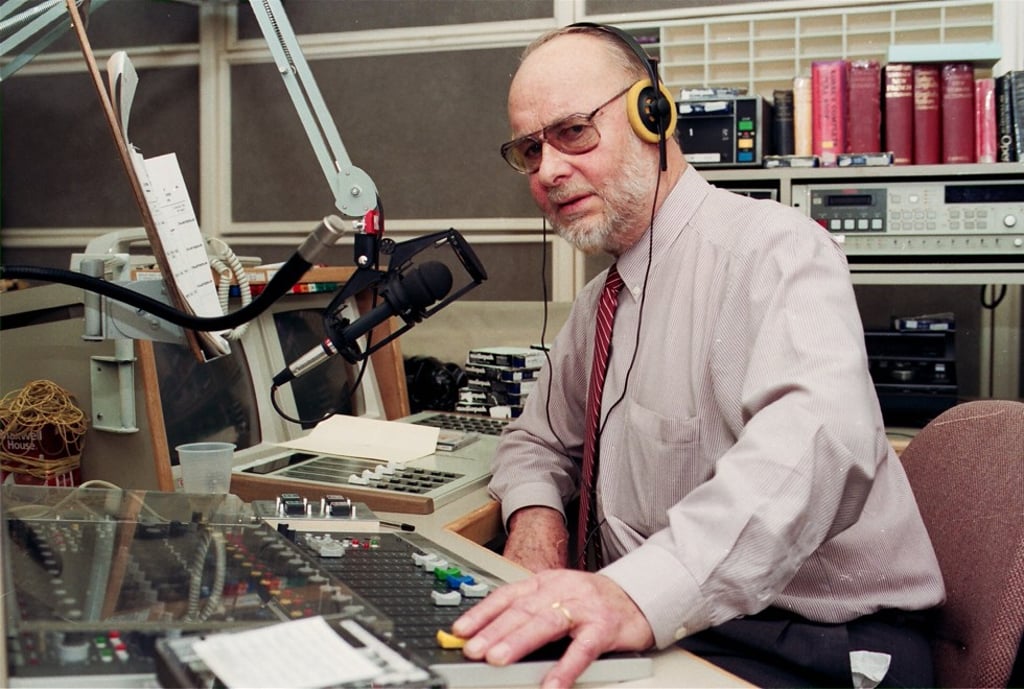Then & Now | How colonial radio personalities reinvented themselves in Hong Kong
For four gay broadcasters of yesteryear, the city offered an escape from a more conventional life back home

Along with the Union Flag and Queen Elizabeth’s head on stamps and coins, English voices on the colony’s airwaves – with fruity accents long discarded in their country of origin – were a daily reminder, well into the 1990s, that Hong Kong remained both resolutely British and endearingly antiquated.
Essential skill sets for a local broadcasting career were a reasonable speaking voice and some “stage presence”. Clipped diction – or a recognisable version of what used to be called “received pronunciation” – was vital. Unacceptable regional or colonial accents were disguised or lost.
Broadcasters usually had theatrical backgrounds, though tour guides passing through, or English-language teachers between jobs, usually had no trouble finding work. A popular radio personality could quickly became a household name within a small section of the population yet remain virtually unknown in wider Hong Kong society.
For more than 40 years, Hong Kong’s best known British “voice” was Ralph Pixton, a former military policeman who had served in Singapore and Malaya in the early 1950s. During the few years he spent as a tea and rubber planter in southern India, Pixton came under the spell of Geoffrey Kendal (originally surnamed Bragg), the legendary travelling actor-manager whose touring Shakespeareana Company was later the subject of the Merchant Ivory Productions’ film Shakespeare Wallah (1965).
Pixton took to the boards and, after a couple of years roaming across Asia with Kendal’s group, he returned to Hong Kong in 1961, having briefly visited earlier. In 1978, he would pen an entertaining memoir called On The Line, which recounted his entry into local English-language broadcasting.
Shortly after his arrival, Pixton established friendships in “what people like to term the ‘arty crowd’”, and before long “one thing led to another, and I began to be offered bits in radio plays for Radio Hong Kong and so my voice got an airing”.

